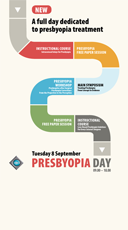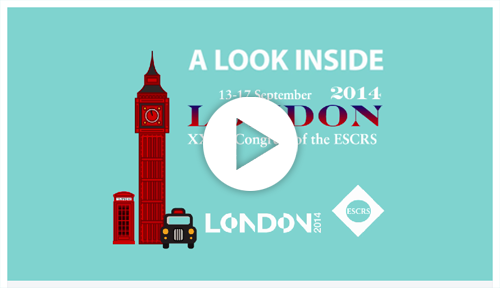Posters
(results will display both Free Papers & Poster)
Reducing anxiety in patients undergoing cataract surgery: a patient survey
Poster Details
First Author: S.Rufai UK
Co Author(s): B. Mitchell T. Farmer S. Lash
Abstract Details
Purpose:
Keeping the patient calm during cataract surgery under local anaesthetic can improve surgical outcomes and patient experience. Such factors are not typically integrated within theatre protocol; rather, intra-operative manner is unstandardised and largely determined by staff preference. We surveyed patients post cataract surgery to determine which factors are significant in reducing their anxiety.
Setting:
Tertiary hospital eye department outpatients
Methods:
We designed a four point Likert-scale survey assessing patient preference towards the following: surgeon speaking to them during operation, surgeon explaining what they are doing during operation, surgeon explaining how operation is progressing in terms of time-scale, background music and genre, leaflet explaining operation beforehand and opportunity to see post-operative photos. An additional comments box was included. 40 surveys were distributed in outpatients to patients following their post-operative consultation.
Results:
34 patients completed the survey (response rate 85%). On a Likert-scale of 1 (strongly disagree) to 4 (strongly agree), the patients reported of preference of 3.4 for surgeon speaking to them, 3.3 for surgeon explaining what they are doing, 3.1 for surgeon explaining time scale, 2.6 for background music, 3.0 for leaflet beforehand and 2.2 for opportunity to see post-operative photos. The most preferred music genre was classical. 89% of patients reported that their surgeon actually spoke to them during their operation; these patients reported a preference of 3.5 for this experience.
Conclusions:
This study has demonstrated that patients feel significantly less anxious when certain approaches are adopted by the operating surgeon and theatre staff. We recommend greater emphasis on determining the patient’s preferences pre-operatively in order to improve surgical outcomes and patient experience.
Financial Disclosure:
NONE





